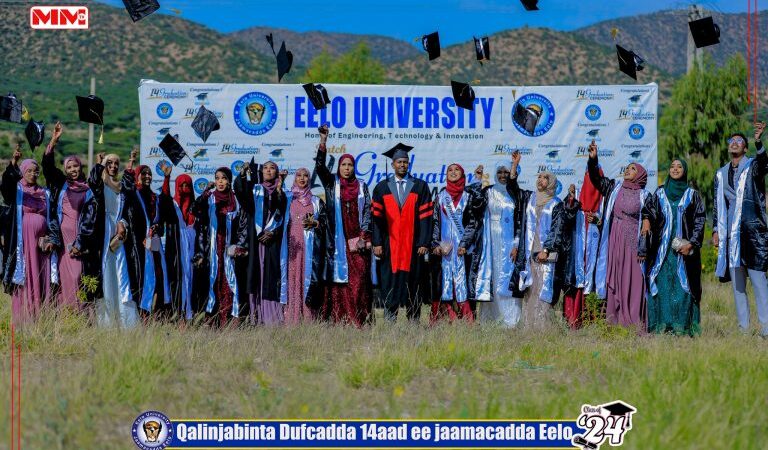Master of Governance and Public Policy
Overview: The Master of Governance and Public Policy program at Eelo University is designed to equip students with the knowledge, skills, and analytical tools necessary to address complex challenges in governance and public policy formulation, implementation, and evaluation. Through a multidisciplinary curriculum, students explore key concepts, theories, and practices in governance and public policy, preparing them for leadership roles in government, non-profit organizations, international agencies, and the private sector.
Vision: Our vision is to cultivate a new generation of ethical and effective leaders who are committed to advancing good governance, promoting social justice, and fostering inclusive and sustainable development. We envision graduates of our program as catalysts for positive change, capable of shaping policies and institutions that address pressing societal issues and improve the well-being of communities around the world.
Mission: The mission of the Master of Governance and Public Policy program is to provide students with a comprehensive understanding of governance structures, policy processes, and decision-making mechanisms at local, national, and global levels. Through rigorous academic training, applied research, and experiential learning opportunities, we aim to empower students to analyze, evaluate, and formulate evidence-based policies that address diverse public needs, promote democratic values, and enhance public service delivery.
Program Outcome: Upon completion of the Master of Governance and Public Policy program, graduates will be able to:
- Analyze and critically evaluate governance systems, institutions, and processes from a comparative and interdisciplinary perspective.
- Identify and assess policy challenges and opportunities in diverse policy domains, including but not limited to economic development, social welfare, environmental sustainability, and public health.
- Formulate, implement, and evaluate policy solutions that are grounded in empirical evidence, stakeholder engagement, and ethical considerations.
- Apply quantitative and qualitative research methods to analyze policy problems, collect and interpret data, and communicate findings to policymakers and other stakeholders.
- Navigate the complexities of policy advocacy, negotiation, and decision-making in diverse political and institutional contexts.
- Collaborate effectively with government agencies, civil society organizations, international partners, and other stakeholders to address collective action problems and achieve shared policy goals.
- Demonstrate leadership, integrity, and a commitment to public service values in their professional practice and engagement with the broader community.
Eligibility and Admission:
- Educational Background: Applicants must hold a bachelor’s degree from an accredited institution, preferably in political science, public administration, international relations, economics, sociology, or a related field.
- Professional Experience: While not mandatory, relevant work experience in government, non-profit organizations, advocacy groups, or related fields may strengthen an applicant’s candidacy.
- Academic Performance: Applicants must demonstrate strong academic performance, typically evidenced by a minimum undergraduate GPA requirement set by the university.
- English Language Proficiency: For applicants whose primary language is not English, proficiency must be demonstrated through standardized tests such as TOEFL or IELTS, unless the applicant has completed a degree program in an English-speaking institution.
Admission to the program is competitive and based on a holistic evaluation of the applicant’s academic background, professional experience, letters of recommendation, statement of purpose, and other relevant factors. Applicants are encouraged to consult the university’s admissions office for specific requirements and deadlines.

